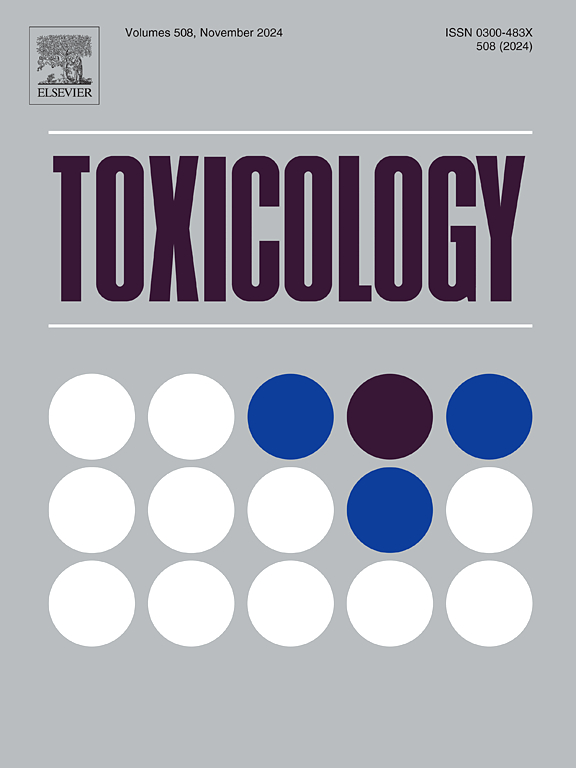EFSA prohibits titanium dioxide in food- should pharmaceuticals be next?
IF 4.8
3区 医学
Q1 PHARMACOLOGY & PHARMACY
引用次数: 0
Abstract
Titanium dioxide (TiO2) is a natural, inorganic compound widely used across various industries due to its multiple properties. Recently, the European Food Safety Authority (EFSA) raised safety concerns regarding the use of TiO2 in foods, specifically its potential for genotoxicity, accumulation in the body, and associated health risks when used as a food additive. As a result, its use in food has been banned in the food industry in the European Union (EU) since 2022. Furthermore, the safety of TiO2 is currently being evaluated as a pharmaceutical excipient, and its use is likely to be banned in EU by 2025. The food industry is significantly impacted by the ban, and a subsequent pharmaceutical ban can lead to issues such as the lack of a single replacement for its multiple applications, product redevelopment/revalidation and regulatory submissions. Other regulatory authorities from other countries conducted independent reviews and concluded that there is insufficient evidence to justify a ban on TiO2 in foods, thereby allowing its continued use. Various substitutes, both natural and synthetic, are being explored, however none can fully replicate all the properties provided by TiO2 alone. In this review, we discuss the safety concerns associated with TiO2, which have led to its ban on food products, as well as the challenges that may arise if a similar ban is imposed on its use in pharmaceuticals.
欧洲食品安全局禁止在食品中添加二氧化钛-下一步应该是药品吗?
二氧化钛(TiO2)是一种天然无机化合物,因其多种特性而广泛应用于各个行业。最近,欧洲食品安全局(EFSA)对在食品中使用二氧化钛提出了安全关切,特别是其作为食品添加剂使用时可能产生的遗传毒性、在体内积累以及相关的健康风险。因此,自2022年起,欧盟(EU)已禁止在食品行业中使用它。此外,二氧化钛作为一种药用辅料,目前正在进行安全性评估,到2025年,它很可能在欧盟被禁止使用。食品行业受到禁令的严重影响,随后的药品禁令可能导致诸如缺乏单一替代其多种应用,产品重新开发/重新验证和监管提交等问题。其他国家的其他监管机构进行了独立审查,得出的结论是,没有足够的证据证明禁止在食品中使用TiO2是合理的,因此允许其继续使用。人们正在探索各种各样的替代品,包括天然的和合成的,但是没有一种替代品可以完全复制二氧化钛单独提供的所有性能。在这篇综述中,我们讨论了与TiO2相关的安全问题,这导致了它在食品中被禁止使用,以及如果在药品中使用类似的禁令,可能会出现的挑战。
本文章由计算机程序翻译,如有差异,请以英文原文为准。
求助全文
约1分钟内获得全文
求助全文
来源期刊

Toxicology
医学-毒理学
CiteScore
7.80
自引率
4.40%
发文量
222
审稿时长
23 days
期刊介绍:
Toxicology is an international, peer-reviewed journal that publishes only the highest quality original scientific research and critical reviews describing hypothesis-based investigations into mechanisms of toxicity associated with exposures to xenobiotic chemicals, particularly as it relates to human health. In this respect "mechanisms" is defined on both the macro (e.g. physiological, biological, kinetic, species, sex, etc.) and molecular (genomic, transcriptomic, metabolic, etc.) scale. Emphasis is placed on findings that identify novel hazards and that can be extrapolated to exposures and mechanisms that are relevant to estimating human risk. Toxicology also publishes brief communications, personal commentaries and opinion articles, as well as concise expert reviews on contemporary topics. All research and review articles published in Toxicology are subject to rigorous peer review. Authors are asked to contact the Editor-in-Chief prior to submitting review articles or commentaries for consideration for publication in Toxicology.
 求助内容:
求助内容: 应助结果提醒方式:
应助结果提醒方式:


